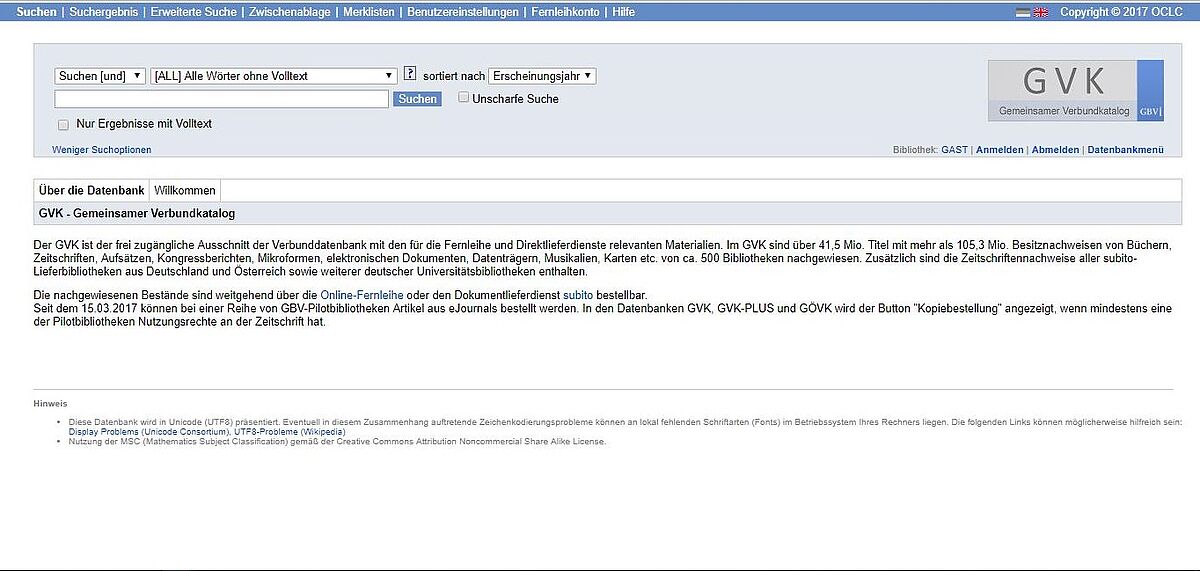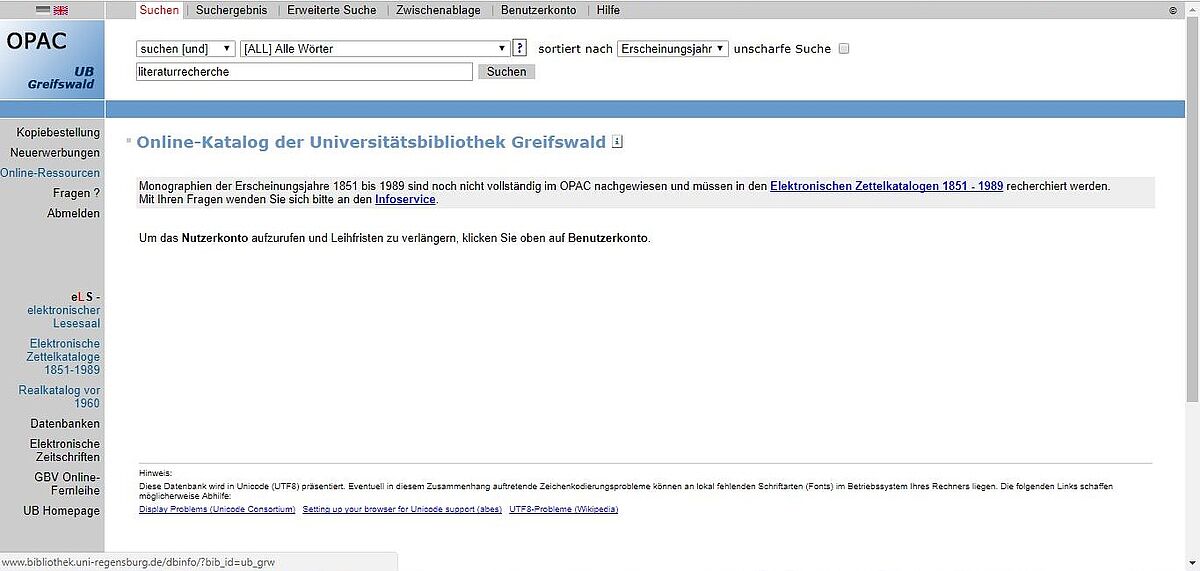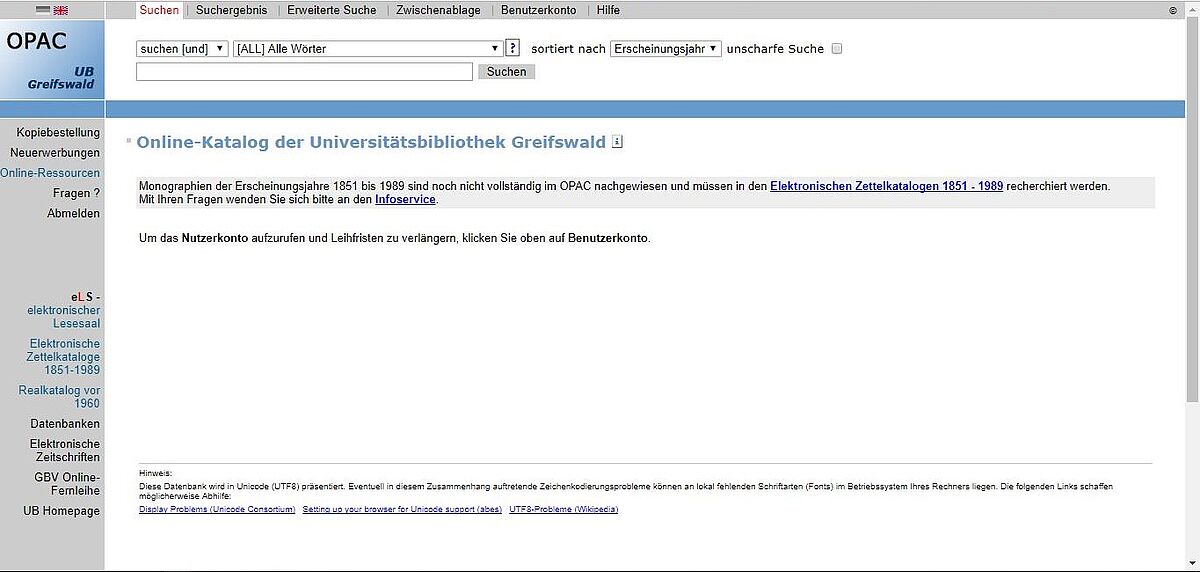Research Strategies
General tips and research strategies
The following approach has proved to be very efficient.
1. Collect notes (e.g. by mind map)
First of all take some time to think about your research topic. Which important words come to your mind, what do you already know about the topic? Ideally you write down those words in English and German or any other language, where you could find academic papers regarding your topic. Write down all your thoughts. Only then you should use your preferred search engine online.
2. Take notes – search systematically
Systematic research means that you should use a separate document to write down in which database you found which literature. This saves you the double effort of looking things up and lessens the chance to overlook any literature.
3. Organize found literature (e.g. by table of content)
Many students start collecting literature and randomly save articles and file copies into a folder. This feels good. You already have a big pile of literature. Unfortunately, this doesn’t help you yet. In a few weeks you will have forgotten where to find what you need in these articles. You will have to read all of them again and that takes time, too much time. It is much easier if you think of a system to organize the articles. For example, you could read the text once and then assign the article to one of the points of your table of content.
There are a few different programs that can help you with the organisation of your literature research such as Endnote and Citavi. These are for free for all students ofat the University Greifswald. You can get more information about that at the computer centre of the university.
4. Going from general to detailed (first get an overview from textbooks and then use academic papers)
With a general textbook about your topic, you can get a good first overview. Your professor can probably recommend some good literature for you there. Academic papers and articles from well-known magazines require a lot of basic knowledge of the subject which is why you should only research and read them subsequently to the basic textbooks.
5. Current sources are preferred
As a general rule, current sources should be preferred in your literature research. They contain the latest results of research. Also, it is possible that opinions change due to new research and current articles and books oftentimes refer to earlier sources if they are still relevant.
6. Prioritize (first briefly, then during writing you should do a close reading)
During the research of literature, it is recommended to first only briefly read over the text in order to systematize it. You should save the close reading for when you really know the structure of your paper and when you are ready to start writing.
7. “quoted by” (the bibliography of current sources offers relevant information; Google scholar tells you where the literature was quoted)
With this last tip, you will find a lot of literature very quickly. When you have found an article matching your topic, you can look through its sources where you will find all the relevant literature of the past for this subject. But this also works the other way around. Many academic databases and also Google Scholar offer the feature “quoted by”, where you can find all the articles and books that have quoted the source you found. That way you can find many sources in a very short time, just like a snowball system.
Watch out: It can get very confusing with a literature research with too many sources. Try to be rather methodical and to just read the most relevant texts for your paper.
Databases
In university you will have to use new and more challenging databases than the usual search engines such as Google, DuckDuckGo or Ecosia for your research. Here, you will find a short overview over the different databases.
OPAC – the online catalogue of the university library in Greifswald
Here, the books that you can physically find in the library are documented. With some of the publishing houses, our university has special license agreements so that a few textbooks are also available digitally. That way you can comfortably use them from home. It will take some practice to get used to the OPAC systemsystem, but the university library offers Workshops to help you with that.
- In very close proximity.
- Books are available for free in the library or online.
- Possibility to borrow many books.
- Library employees are there to help you.
- University library offers workshops to learn how to use OPACs.
- Some books are not allowed to take home, so you have to read in the library.
- If many students work on same topic, books can be gone quickly.
- Search algorithm of online catalogue is not very good.
- Doesn’t show separate articles in a book that are matching one topic.
- Limited quantity of books in library.
- Often latest literature is missing.
GVK/GBV - Gemeinsamer Verbundkatalog aller wissenschaftlichen Bibliotheken in Deutschland (joined catalogue of all acamdemicacademic libraries in Germany)
In the GVK – the joined library catalogue – you have more than 41.5 million articles available through the interlibrary loan. The employees of the library can help with any questions regarding the interlibrary loan. And questions will certainly arise.
- Large selection (but this can be overwhelming).
- Good search algorithm.
- Online published dissertations available for free.
- You don’t have to go to a library in another city.
- PossibibilityPossibility to order copies of separate chapters.
- Free account.
- Interlibrary loans cost money (1,50€ in Greifswald).
- Delivery of books can take up to four weeks.
- Only worth it with very important literature.

Google Scholar – The academic search engine of Google
Google Scholar is the academic search engine of Google that is made for the research of scientific sources. It is as easy to use as the normal Google search engine.
- Very good search algorithm.
- Very large database.
- It is uncomplicated.
- Limited number of German literature.
- Shows article where the right of access is missing.
- No differentiation between serious and non-serious sources.
Subject-specific literature search
Each scientific field has different requirements when it comes to sources. Law students are mainly looking for court decisions, while economy students rather need magazine articles. That is why subject-specific platforms exist. You should ask your professors to find the right platform for your field but you can also use the database information system. It shows you all relevant databases for every scientific field and subject. Please ask which platform is actually being used in your area of studies as there are many platforms collected in one information system.
- Very specific.
- Latest literature available.
- Especially useful when looking for a specific article or paper.
- Search algorithm is often bad.
- Need to know which platform is good (ask students of higher semsterssemesters or a professor).
- Better for advanced research.



